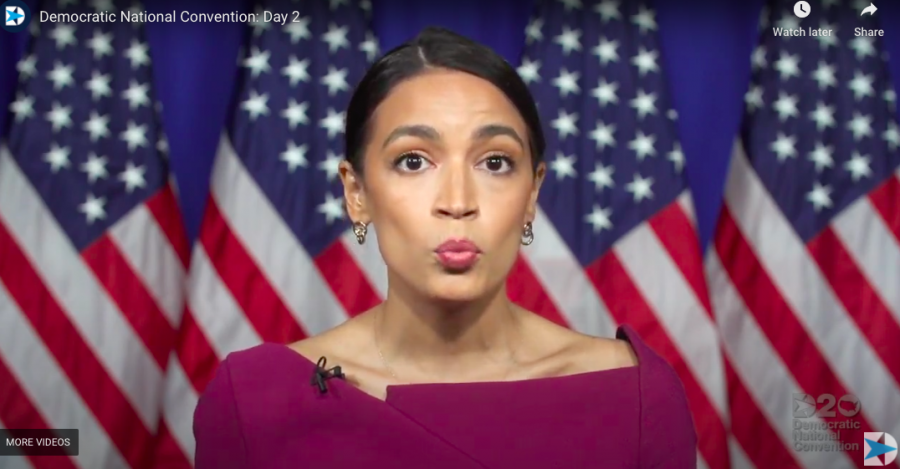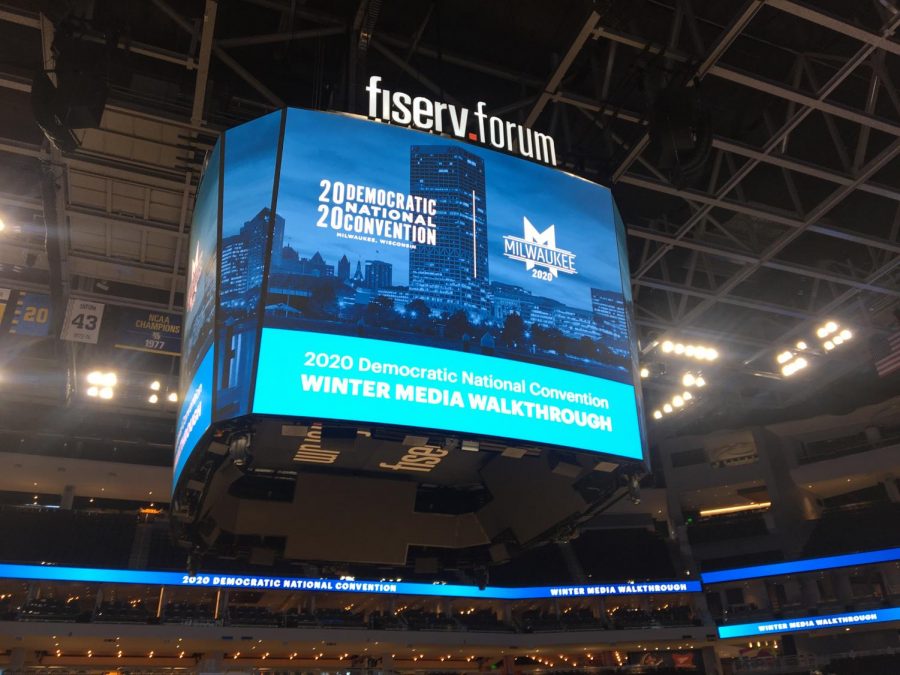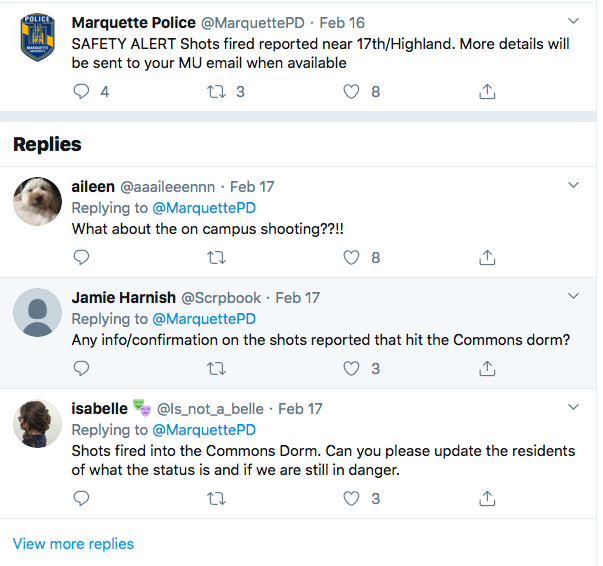Bernie Sanders did something truly special at last week’s debate. He managed to offend both blacks and whites at the exact same time.
If you have been out of the loop, at the last debate Don Lemon asked Bernie and Hillary to describe their racial blind spots. When it was Sanders’ turn, he responded: “When you’re white, you don’t know what it’s like to be living in a ghetto. You don’t know what it’s like to be poor.”
Never mind that there are 19.7 million white people living in poverty in America. Forget the fact that just over 40 percent of SNAP food stamp recipients are white. Apparently whites just don’t understand what it’s like to be poor.
You can call it a gaffe. You can call it a flub. You can call it an ill-conceived attempt to pander for the black vote. But whatever you call it, it is not presidential. And neither was his feeble attempt to explain it.
“What I meant to say,” Sanders reportedly told an NBC News reporter, “is when you talk about ghettos, traditionally what you’re talking about is African-American communities.”
While this statement is better than his comments from the debate, and certainly more accurate, it ultimately comes off as tone-deaf. Instead of saying that he misspoke, Sanders stumbled again with a statement that many construed, rightly or wrongly, as claiming that ghettos are traditionally African-American communities.
Where is the outrage? If Trump or Cruz said something like this social media would be tearing them apart.
Sybrina Fulton, the mother of Trayvon Martin and a vocal Clinton supporter, released a scathing press release accusing Sanders of thinking all blacks live in the ghetto.
Unfair characterization of his statements? Probably. But when a candidate fails to articulate their thoughts in a debate and then fails to adequately clarify them, there is a much deeper problem.
What is perhaps most disappointing about this moment is how Sanders’ supporters responded. The online discussion was shameful, filled with equivocation and ad hominem.
It is pretty obvious what Sanders meant to say: the experience of white Americans and black Americans is disparate. Even poor whites and blacks do not receive the same treatment. But that is not what he said and his failure to rescind his comments or apologize demonstrates a lack of leadership.
Bernie Sanders is not a racist. He does not believe that there are no poor white people. Heck, he grew up relatively poor himself. It is perhaps also unfair to interpret his explanation as literally as possible. The question itself was quite silly. A blind spot is by definition something of which you are unaware. But both candidates still attempted to use the question as an opportunity to appeal to black voters.
The issue here is less about Sanders’ comments and more the general reaction to them. When someone you support messes up, it is not the time to defend them. This was an opportunity for Sanders and his supporters to prove that they were truly as different as they claim to be.
Sanders has drawn comparisons to Trump as an anti-establishment candidate. Now, his supporters are drawing comparisons to Trump supporters by demonstrating a willingness to bury their heads in the sand. Like Trump supporters, Sanders’ supporters are somehow chalking up a candidate’s own statements to media bias.
One thing that has been clear throughout Barack Obama’s presidency is that one of the most important presidential jobs is communicating a vision to the American people. Sanders’ inability to clearly communicate his ideas raises serious questions about his candidacy for president.
The occasional gaffe is excusable. Failure to own up to it is not.









